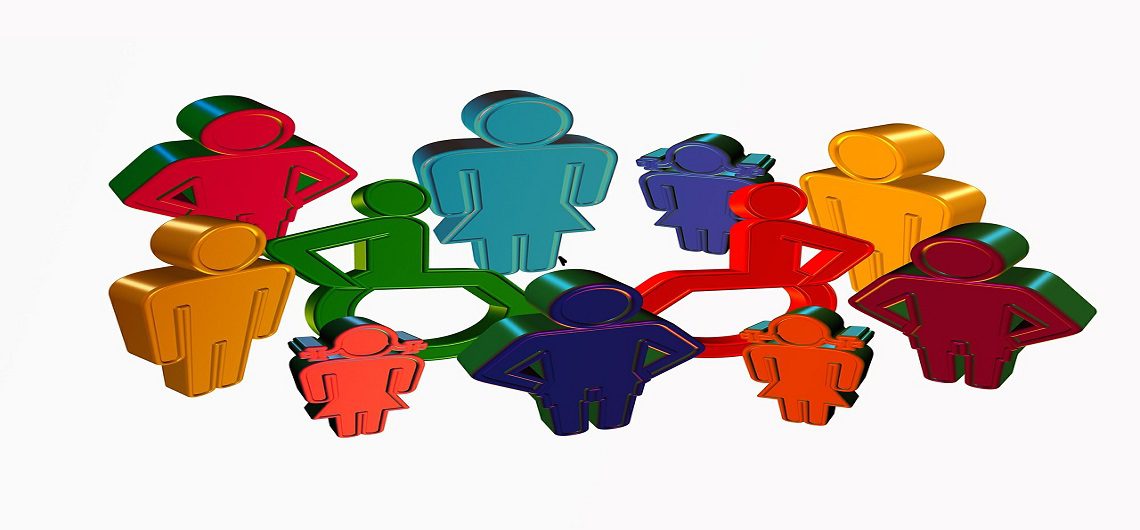By: Michiel Van Kets
Top of Form
|
Team
building programmes can help your business by improving the communication,
levels of trust and general understanding between the members of a team. They
can also help you to solve problems or to improve planning within the team as
a whole. They can also help individuals to understand group dynamics and
their individual skills and how they fit into the team and their
understanding of their place within the organisation. It is important when thinking about creating a team building experience for a team in your organisation that you plan it carefully. A negative experience can irreparably damage your team’s morale and have the opposite effect that you were hoping to create. If you have no in-house expertise in this area it may be worth calling in the experts. Depending on your budget and/or plans this could involve someone offering an initial consultancy through to designing and administering a bespoke programme for you. One of the benefits of working with a facilitator for your team building is that they have experience of using a range of recognised diagnostic tools and instruments. This means that you can be confident that your team building experience is a positive one and meets all of your chosen objectives and makes a positive contribution to your business’ performance. There are a number of different general types of team building exercises that you could use depending on the areas that you want to address. For example there are problem solving exercises with an objective of encouraging flexible thinking and creativity. There are also planning or communication activities and these can develop the importance of these business processes, as well as exercises that have the aim of developing trust between the members of a team. Within these categories the activities can take a range of different forms from social and/or group bonding activities through to personal development activities or activities to analyse team roles and dynamics. There are a number of important factors that you need to take into consideration when you are planning your next team building exercise. One of the first factors is to ensure that there is understanding of the need for the session and one way of doing this is to connect any activity to the team’s day to day work and any obstacles that have been identified. It is also important to create a sense of ownership and to follow up any of the outcomes of the session as agreed. Nothing is more likely to foster a negative team environment than getting the team to work together to create solutions or ideas then ignore any of the outcomes. It is not enough even to implement a measure that comes out of the sessions but you should make sure that you tell the team what is happening and when, so they can really appreciate the value of the session and know that they have been listened to too. If it is not possible to implement any of the outcomes it is important to communicate why really carefully. Other ways to help your team building session to be a success is to get the individuals within the team involved in the preparation of the event. This could be by simply seeking initial feedback on their issues and concerns, holding a survey of what the team members think the obstacles are in improving productivity or getting a small group to work with the consultants to plan the whole programme. By making the event something they can buy into rather than something that is ‘done’ to them, team members will have a positive approach to the event from the beginning. If some of the team members are hostile to the idea of team building exercises, possibly because of negative experiences in the past, try linking it with other activities. Perhaps the whole team needs training on a new computer system. Rather than a simple IT training session why not link in a team building strand to the event. As well as things to build into your event there are also a number of things to try and avoid, for example try and make sure that the session is pitched at the right level. While some may enjoy fun ice breaker type activities, chances are your team are already very busy people and if they think that you are wasting their time it will probably put them in a negative mindset for the session. Similarly though overly complex tasks or physically or emotionally draining activities should also be avoided, you want to try and engage everyone. While there are many benefits to be gained from taking your team out of the office for some outdoor and/or physical development activity make sure you take into account the makeup of your team and make sure that all members of the team will be able to contribute to activities and complete them in a satisfactory way. Team building programmes can give a business a vital competitive edge over their competitors by not only improving productivity but also improving morale and leadership skills, developing new procedures and processes or identifying blockages that are holding back the team’s and therefore the business’ performance. They can also help teams to identify their strengths and weaknesses and to clearly identify the team’s goals and objectives and to help them feel ownership of these goals and objectives. A truly effective team building experience will have long lasting effects both on the performance of the team and the organisation and will also act as a stepping stone for future development activities. |
Bottom of Form
- Advertisement -
- Advertisement -









































